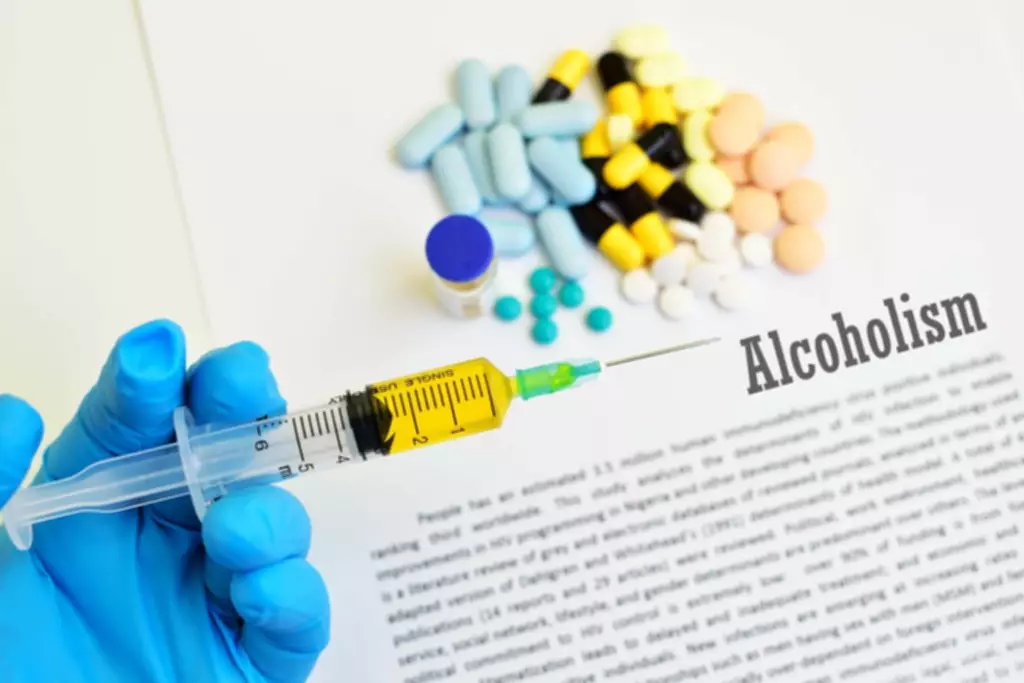
Cheaper brands might skip some steps leading to greater allergenic potential. Controlled exposure tests can help confirm which beverage triggers your symptoms safely. Some vodkas list additives like flavorings or sweeteners which might cause reactions.

Worsening of Asthma Symptoms

If you suspect an allergy or food sensitivity is to blame, it’s worth getting tested or consulting with a healthcare provider to identify the specific cause. Once you know what’s triggering your symptoms, you can make more informed choices about what—and how much—you drink, so you can enjoy alcohol without the unpleasant surprises. Sudden alcohol intolerance refers to when you have previously consumed alcohol without any issues but all of a sudden begin to experience adverse reactions after drinking. This can often seem to happen out of nowhere and can be quite alarming. Alcohol allergy typically involves an immune system response, leading to symptoms like hives, swelling, and difficulty breathing. In contrast, alcohol intolerance, often due to enzyme deficiencies, usually causes symptoms like facial flushing, nausea, and headache.

Common Food Allergens in Alcoholic Beverages
People with alcohol intolerance could still consume alcohol, although they will likely experience side effects. One too many glasses of rosé might not be the only thing to blame for those horrible hangovers — you could also be dealing with a medical aversion. Learn the signs and symptoms to keep an eye out for and why certain drinks might affect you more than others. If you feel wasted after getting drunk and your body shows severe withdrawal symptoms, then you are definitely allergic to alcohol. Some people are intolerant to soy, milk, peanuts, etc. but there are people whose bodies just can’t tolerate alcohol, after a certain limit. In people with alcohol intolerance, a genetic mutation (change) makes ALDH2 less active or inactive.
Addiction Treatment
This phenomenon, often referred to as sudden onset alcohol intolerance, can bring up questions about health, underlying conditions and next steps. Below, we’ll explore what sudden onset alcohol intolerance is, why it might happen, whether it differs from an alcohol allergy and some available treatment options. People with an alcohol allergy experience a reaction after as little as 1 milliliter of pure alcohol or a mouthful of wine or beer (about 10 milliliters). Why some people experience allergic reactions to alcohol – when small amounts are already produced by the body naturally – is allergic to vodka symptoms yet unknown to researchers.
Diagnosis & Treatment for an Alcohol Allergy
- We hope you enjoyed exploring all things related to rum with us and that you now have a better understanding of this complex subject.
- Avoiding alcohol will allow you to live an active, enjoyable life without unpleasant symptoms.
- “Alcohol can also cause your blood pressure to go up and down by constricting and dilating blood vessels, which can worsen allergic reactions,” Dr. Parikh says.
In some cases, alcohol might not even be the direct cause of the symptoms; it could be an indirect factor that exacerbates existing symptoms. For example, alcohol can lead to dehydration, which makes it harder for the body to flush out allergens and toxins that might trigger an allergic reaction. Epinephrine works by quickly reducing the body’s reaction to allergens and is the only way to reverse a severe allergic reaction (anaphylaxis). If someone experiences difficulty breathing or a drop in blood pressure after consuming alcohol, they should seek emergency medical care immediately. Managing an alcohol allergy primarily involves avoiding alcohol and educating yourself about the potential sources of alcohol in food, medicine, and personal care products.
Symptoms of Alcohol Intolerance
For a minor reaction, over-the-counter or prescription antihistamines might help reduce Oxford House symptoms, such as itching or hives. Alcohol allergies are typically managed by avoiding alcohol consumption altogether, as there is no specific medication to treat this condition. In cases of an allergic reaction, antihistamines can help alleviate symptoms. Severe reactions may require emergency medical attention and administration of epinephrine. The first step in managing an alcohol allergy is understanding the condition.
- Combining alcohol with certain medications also can cause reactions.
- Despite this purification process, trace allergens remain possible depending on source material and production quality — explaining why vodka isn’t always hypoallergenic.
- Unlike a typical hangover, which tends to set in the next day, alcohol intolerance symptoms can occur almost immediately, sometimes within minutes of drinking.
- Never disregard the advice of a medical professional or delay in seeking it because of something you have read on this website.
Q 7: Can asthma symptoms be caused by consuming alcohol?

For an allergic reaction, however, the immune system mistakenly identifies alcohol as a harmful substance and produces antibodies to fight against it. This triggers an abnormal response that causes an allergic reaction. It is possible for an allergic reaction to vodka to lead to an increased heart rate or palpitations. This can occur as a result of the body’s physiological response to the allergens in vodka.
- If you have any type of food allergy, it is important to be careful about the alcoholic beverages you drink.
- It’s also crucial to read food and medication labels as some may contain alcohol.
- It likely goes without saying that one too many alcoholic beverages don’t exactly have you feeling your best.
- Taking these steps can help reduce your risk for adverse reactions to alcohol and allow you to enjoy it responsibly.
Many symptoms of alcohol intolerance, such as nasal congestion, headaches, nausea or stomach cramps could trick you into thinking you’re getting a cold. However, if these symptoms are due to alcohol intolerance, they should only last a short period of time. A true allergic to vodka, or alcohol, is extremely rare so it’s more likely that you have an intolerance to alcohol in general.
If you have an allergy, your immune system over-reacts to contact with a trigger or “allergen.” If you have an alcohol allergy, your immune system treats alcohol as a threat. It responds to alcohol by producing antibodies known as immunoglobulin E (IgE). It’s possible to develop an alcohol allergy at any point in your life. Sudden onset of symptoms may also be caused by a newly developed intolerance. In rare cases, pain after drinking alcohol might be a sign that you have Hodgkin’s lymphoma. Alcohol intolerance can cause immediate, uncomfortable reactions after you drink alcohol.
